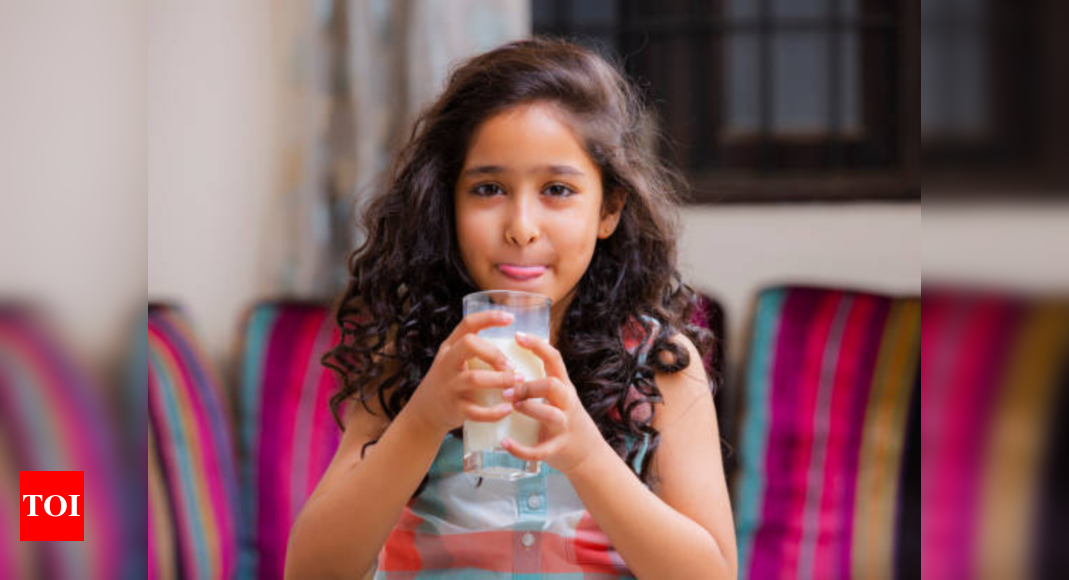“Although the majority of brands advertise these products as ‘energy and vitamin-rich drinks’, but on the other hand, they do not mention the high amount of sugar they contain, which can be very harmful for people. children,” says Dr Saurabh Khanna. , Senior Consultant, Neonatology and Paediatrics, CK Birla Hospital, Gurugram.
These products are promoted as immunity boosters and claim to help children grow and become strong, he says and adds, “but in reality, energy drinks and these health drinks can’t boost immunity. ; this can only be done through immunizations/vaccinations.
What Ingredients Should Parents Check Before Buying?
Dr. Khanna explains: Depending on the recommendation of the nutritionist or pediatrician, depending on the condition or deficiency of a particular nutrient which otherwise is not available to the child through dietary intake, one may recommend supplements (through energy drinks).
Parents should pay attention to the high sugar content of the drink. Proteins, vitamins, minerals, DHA, etc. are some ingredients that contribute to the overall growth of the child and should only be used for a short time until the child starts taking them in their diet.
Natural alternatives for children other than health drinks
When would you recommend a child consume these health drinks?
These health supplements and drinks can only be given to children for a very short time if they are malnourished and their parents are unable to provide them with enough nourishment through food, Dr. Khanna says.
What complications are likely to arise when these drinks are regularly given to children?
Dr. Khanna highlights three important complications that could arise when such health drinks are regularly given to a child.
“These drinks are high in processed sugars, and excessive consumption of these on a regular basis could increase the risk of diabetes and obesity in children,” he adds.
According to Unicef World Obesity Atlas for 2022, India is likely to have 27 million obese children by 2030. It currently ranks 99th out of 183 countries in obesity management. economic impact of obesity.
“Children who skip meals and lack the nutrients they need may feel full after drinking these beverages, which can impact their growth and development. Children can also become addicted to the sweet and chocolate flavors of these drinks if consumed regularly,” says Dr Khanna.
Indulgence must end
“A child will not stop at this healthy drink but will continue to indulge in sugary drinks, jams, spreads, candies, jellies, cakes, cookies, ketchups, etc. which are also sources of sugar. can’t completely eliminate it from a child’s diet. as they are completely exposed to it, so portion size is key rather than eliminating it completely which then increases their cravings,” says Dr Edwina Raj, Head of Clinical Nutritional Dietetics, Aster CMI Hospital.
“Each health drink or supplement varies in composition and includes both the pros and cons of the additives they contain. They are also loaded with carbohydrates between 12 and 17 g in 4 teaspoons of supplement which, when taken added to milk, equals one serving of cereal/chapathi consumed Therefore this needs to be taken into account when planning a child’s daily meal to ensure that we are not overfeeding them which will increase the risk of being overweight and prone to lifestyle diseases,” adds Dr. Raj.
What are the healthier alternatives?
When asked about healthier alternatives to marketed health drinks, Dr Khanna said that consuming natural sources and foods is much better and a healthier alternative than consuming processed foods and ingredients.
For example; Parents can make a mango shake or a banana shake at home, which can be much more beneficial to their children’s health than taste, he recommends.

